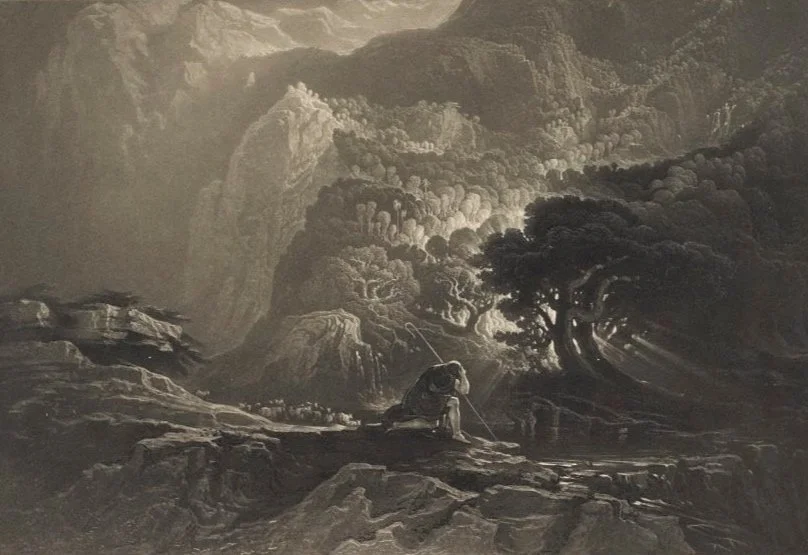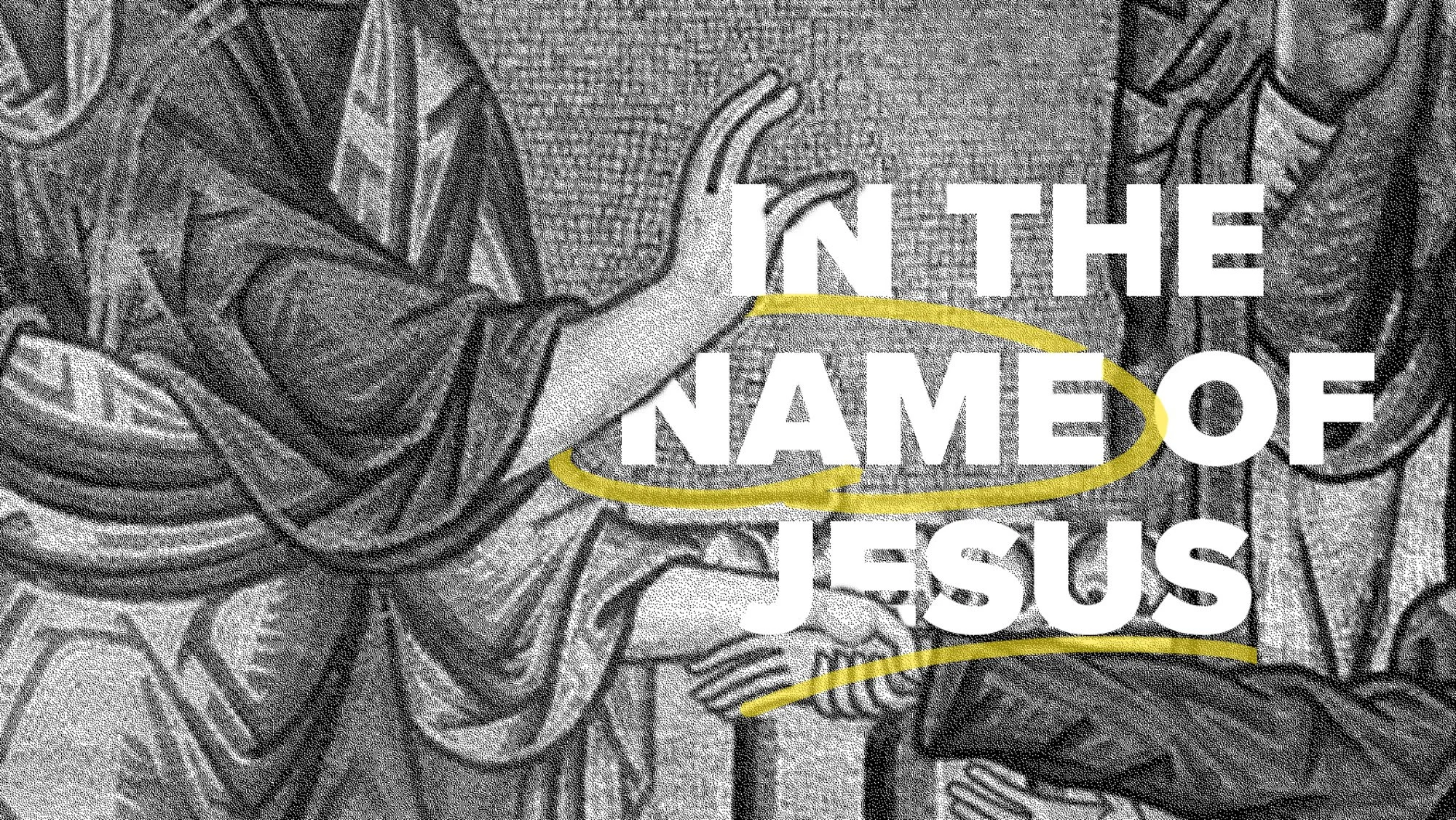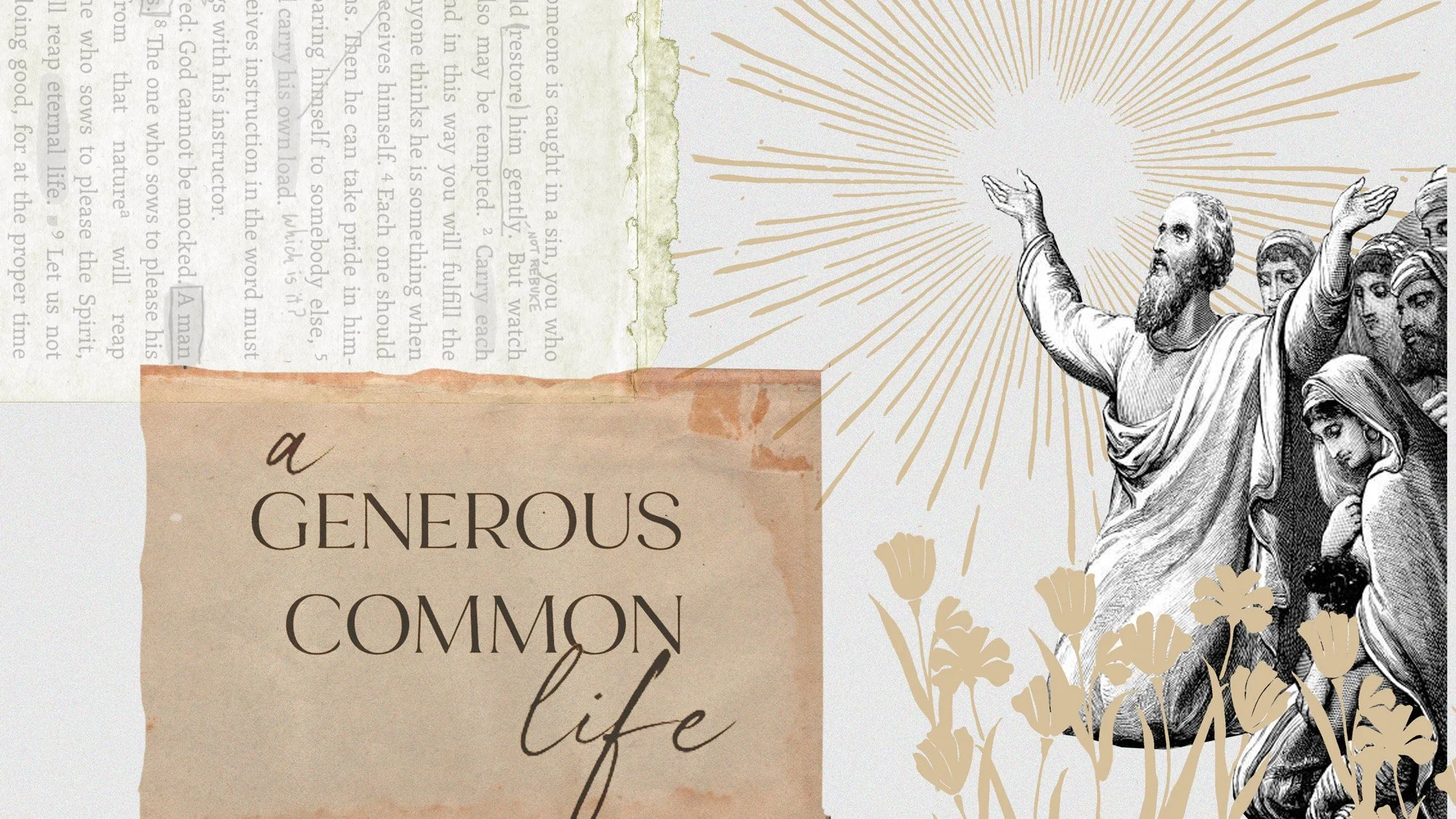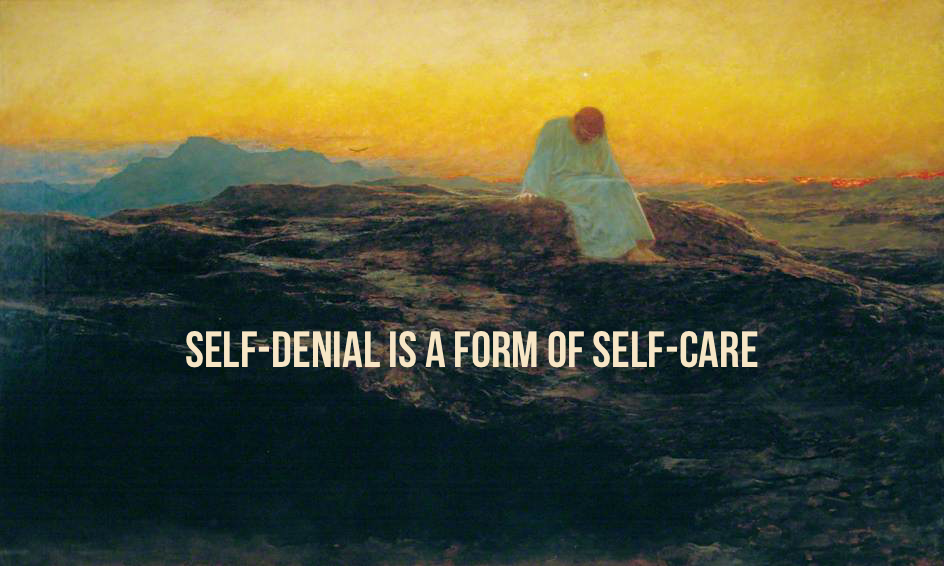“Bad shepherds” extort the flock, taking what they can - when God cherishes our gifts and blesses them. They intend to keep us subservient by keeping us weak, sick, and broken - when God desires to heal and empower us to wholeness. They lose interest in us when we are lost - when God relentlessly pursues us, leaving behind the ninety-nine, in order to bring us safely home. They abandon us to the “wild beasts” of the age - when God courageously protects us from the fangs of the Evil One. These “bad shepherds” preserve themselves and their privilege at all costs - but God sacrifice Himself for our sake.
When Moses seeks to know the Voice in the burning bush, God offers three references: History & Promises, Personal Experience of Love, and Transcendence above all categories - this understanding of God is what we need for liberation from bondage to freedom.
God has been a constant in history, proving His character through the promise to our spiritual ancestors. God binds Himself to us in every moment, never leaving nor forsaking us. God, as Pure Being, transcends all our convenient categories as the only one worthy of worship.
Our radical conviction that we are all equal children of God is the lens through which we deal with issues of racism, classism, and sexism. "God shows no favoritism”; but God does give special attention to the overlooked so they might be raised up to equal standing in the Kingdom, fully-realized as children of God. It becomes the imperative of those who in traditional society are seen to have privilege and power to help up those who have been left behind in the name of Jesus, so that our claims to diversity can have meaning under the banner of unity in Christ.
To be in Christ is to be in love. It is to receive grace that reminds us of who we truly are. From that unshakeable, eternal place our energies and contributions to the world flow as a product of love. In grace, we find what the deepest part of us desires from love: acceptance, security, empowerment. We must capture a vision of the destination Jesus beckons us to, and the specific obstacles in our way that are a result of our ego, if we want to steward well the gifts God has given us.
When we become tight-fisted with our passions and convictions we allow them to define us, and we spend a lot of energy defending them from challenge and new information or nuance. We also judge people more harshly who don’t share our convictions. But when we open our hands, recognize we’re all on a journey, we are far more likely to humbly explore what we believe and be more gracious towards others.
Ultimately, our hope and confidence comes from Jesus, not the government. We cannot live and die by our vote. We cannot celebrate our preferred candidates taking office as if it’s the coming of the Kingdom. We cannot be expected to align with candidates on every single plank in their platform; in fact, I would put forth that Christians should not agree with every platform our political parties take. Hence, the lesser of two evils justification. Conversely, if you do support every position one party takes over the other, you may need to do some introspection about where your allegiances lies.
The politics of Jesus cannot be easily coopted by human institutions.
Pursuing our calling doesn’t always equate to warm fuzzy feelings, and it comes with some degree of suffering and discomfort, but over time we begin to see the fruit in how it shapes us to look more like King Jesus. We can find contentment, knowing our lives have purpose and direction. This is more than mere happiness, because the pursuit of happiness often leaves us wanting. We are willing to suffer for meaning.
It is no accident that you were born in this moment in history. There is something here for you to offer a broken world. It can feel overwhelming, you have to pace yourself, and you may have to learn how to convert your privilege from an insulated life to a position of opportunity, but none of it is a mistake.
The Holy Spirit does much of the work of redeeming our inner and outer worlds. Inwardly, we learn to develop virtue through a co-laboring with the Spirit to help us become more like Christ. Outwardly, we co-labor with the Spirit to affect the lives of others through the spiritual gifts. One of the most interesting developments I see in the modern church landscape, in this country today at least, is the wedding of inner Spirit work through the contemplative traditions and the outer Spirit work through the charismatic/pentecostal traditions. The reality is we need both, and as these two rooms in the Christian household commune and share space with one another, the better we will all be for it.
Recognizing that we all have different personalities opens us up to two things. First, we realize that not everyone thinks, feels, and acts the way we do, and that’s okay. It’s actually a relief, because we need other ways of seeing the world to broaden our own. This means we can be more graceful to others in how they function. Secondly, our vision of the God-revealed-in-Jesus broadens as we realize Christ is transcendent enough to encompass and redeem all our personalities.
Calling can be seen as the way in which each of us specifically fulfill that common purpose through the uniqueness of our stories, our personalities, and our gifts. The beauty of understanding our individual calling as part of the larger purpose of the church is that we don’t feel the pressure to take the whole mission upon ourselves. We learn to trust that, as we steward well what God has placed on our hearts, others will do the same for their part in the larger picture. In this way, God weaves together a grand narrative that celebrates diversity, as we all contribute out of our gifts and limitations. There is tremendous relief in not holding the burden of the whole great commission, and with it a renewed call to responsibility to really understand what we’re each called to do.
It’s all too easy to think that giving ourselves what we deserve is self-care, and sometimes that is true. Yet, so often our problem is not that we have too little, but too much. The privilege we swim in turns blessings of provision into a numbing agent that blinds us to the outer world. We become enslaved to what is available to us, and we’re guided by our incessant hunger for more, denying the fact that we’re already so full.
Three weeks ago, I almost broke. I’m sure it had been coming for some time, but I began to notice how heavy I was feeling, how distracted I was from moment to moment. I wasn’t sleeping well. My discipline was out the window. I knew I had to get a handle on what was going on inside myself, so I took a whole morning to do what I’m constantly recommending you all do - I sat with Jesus.









